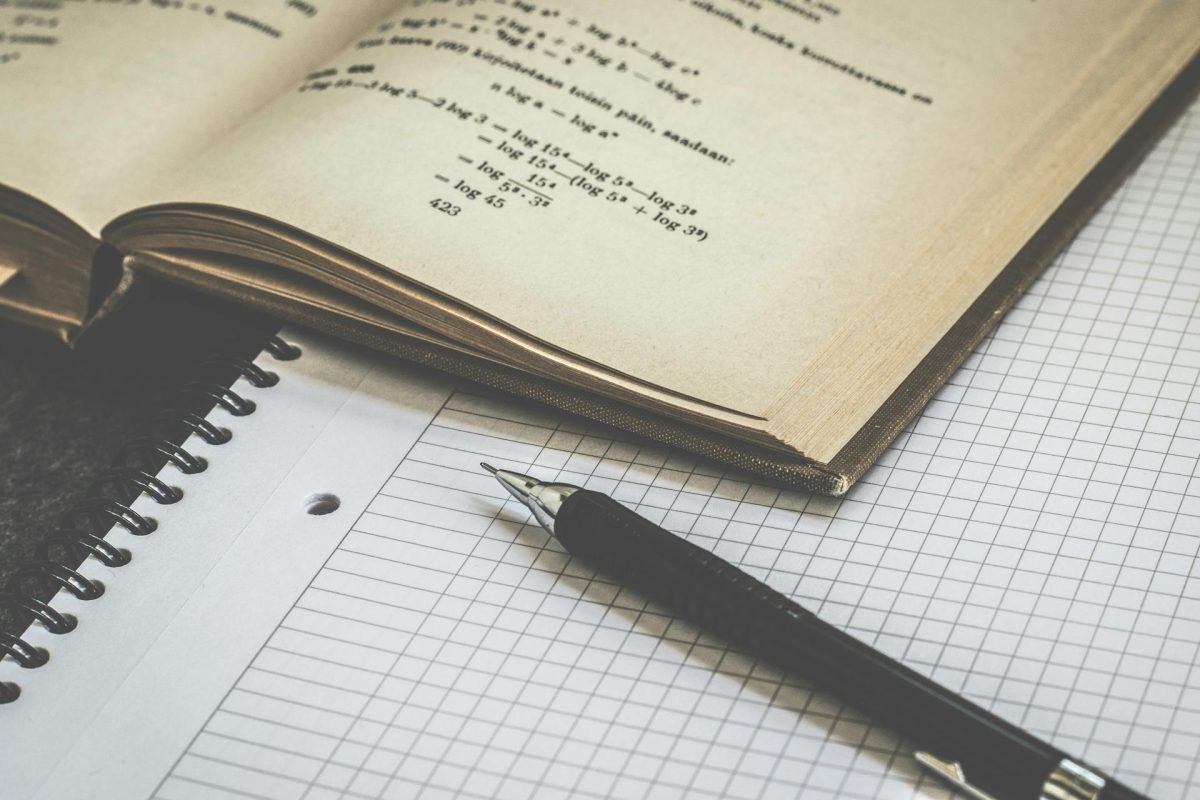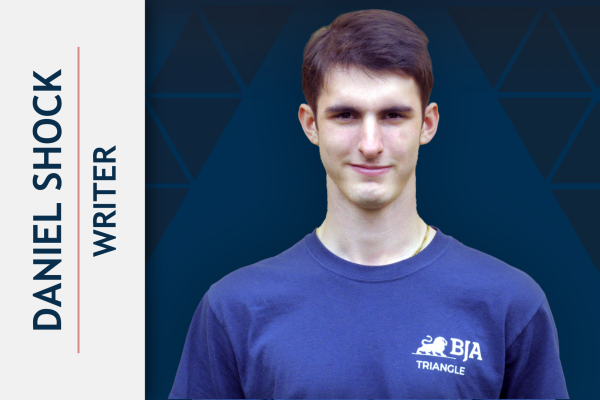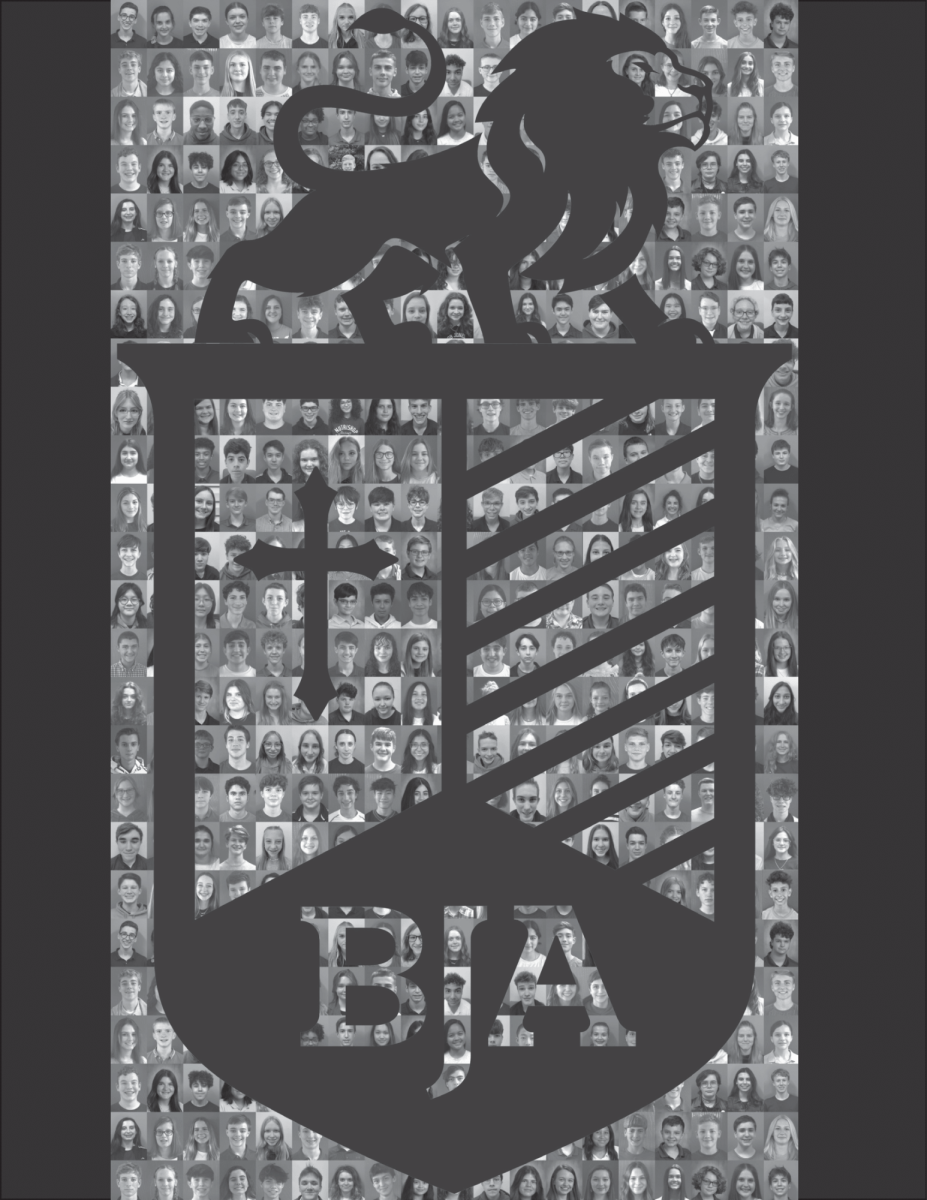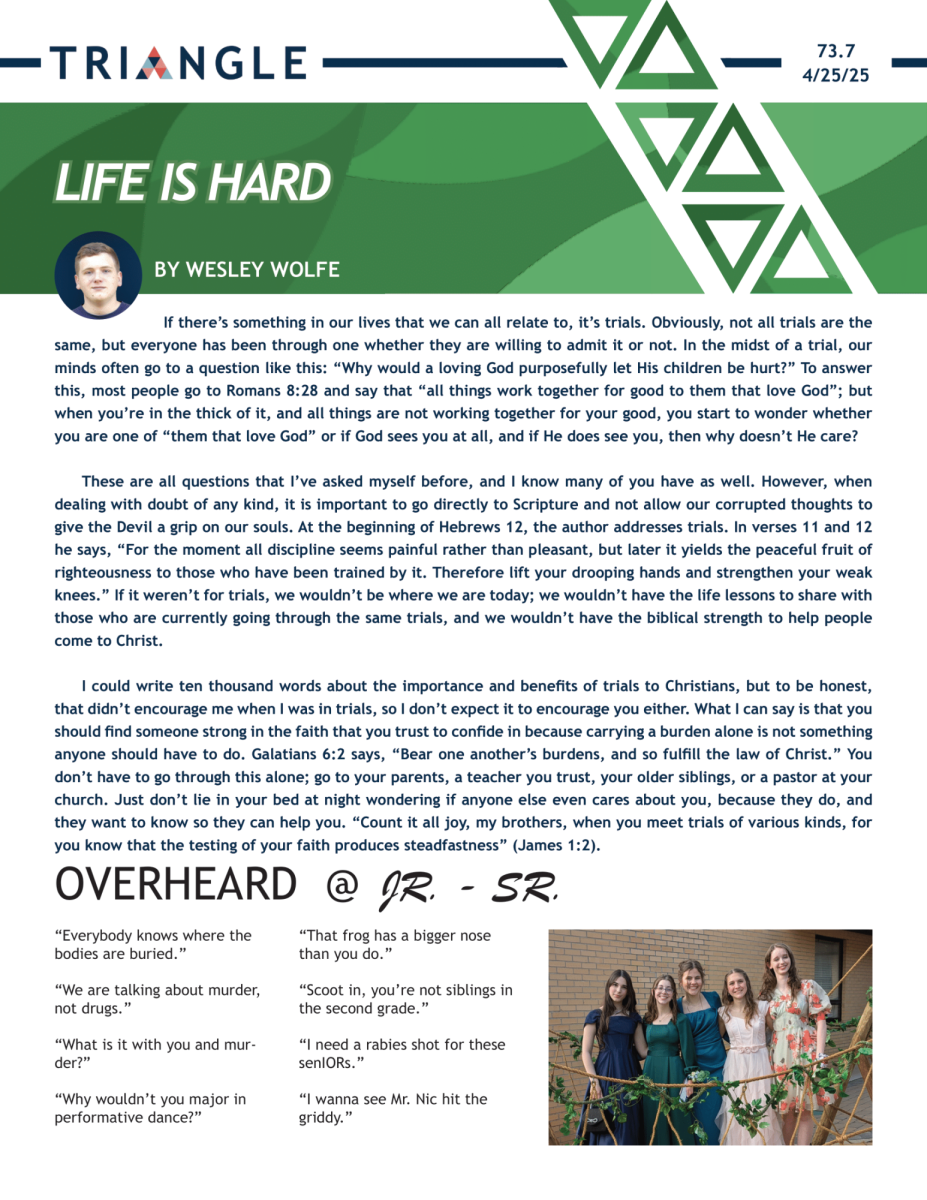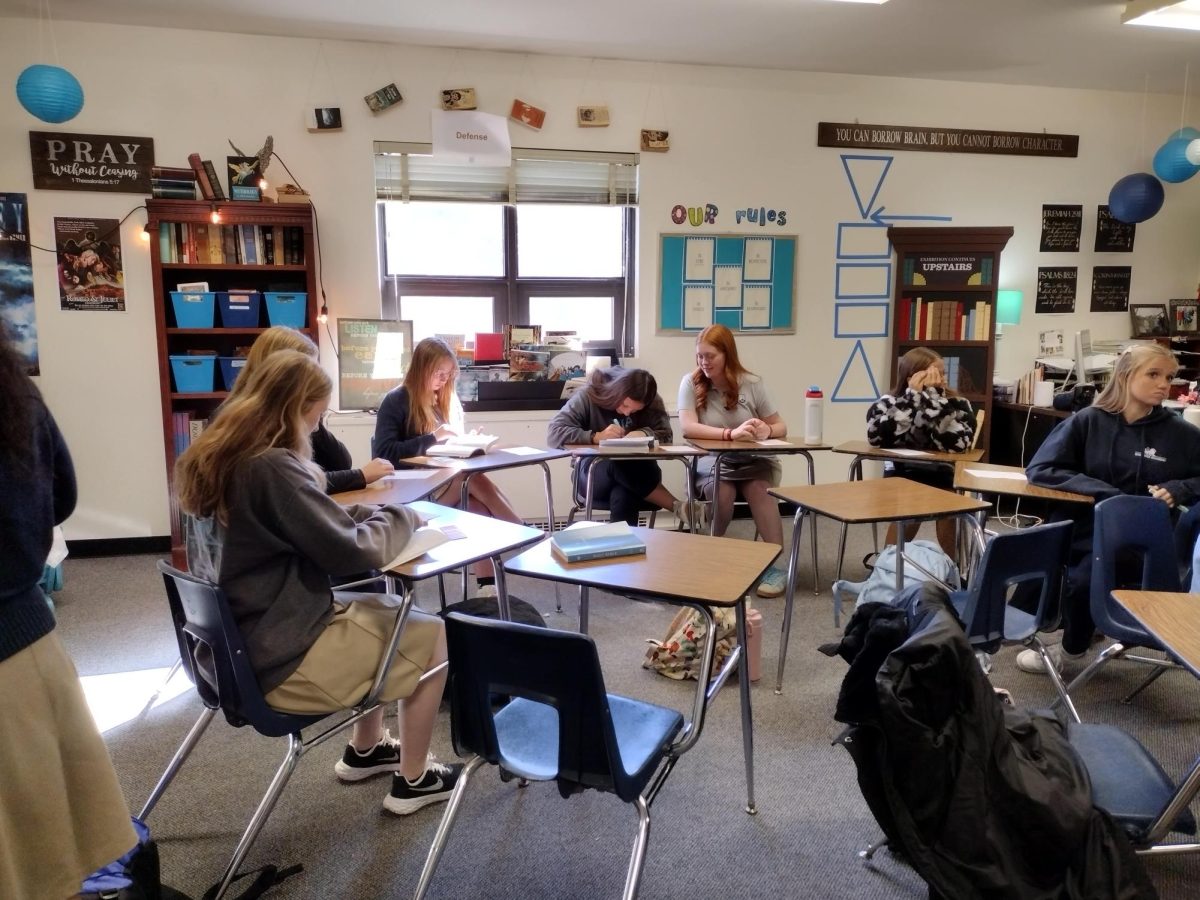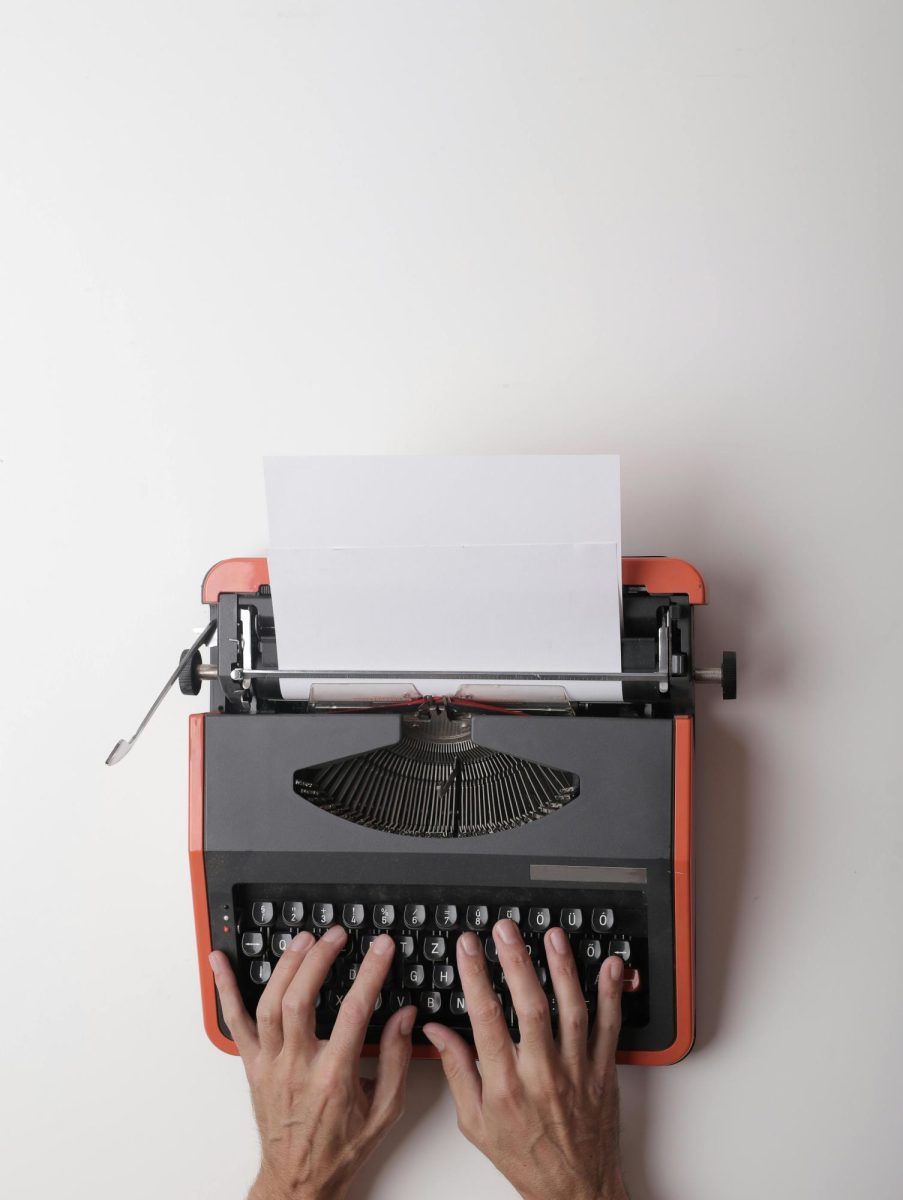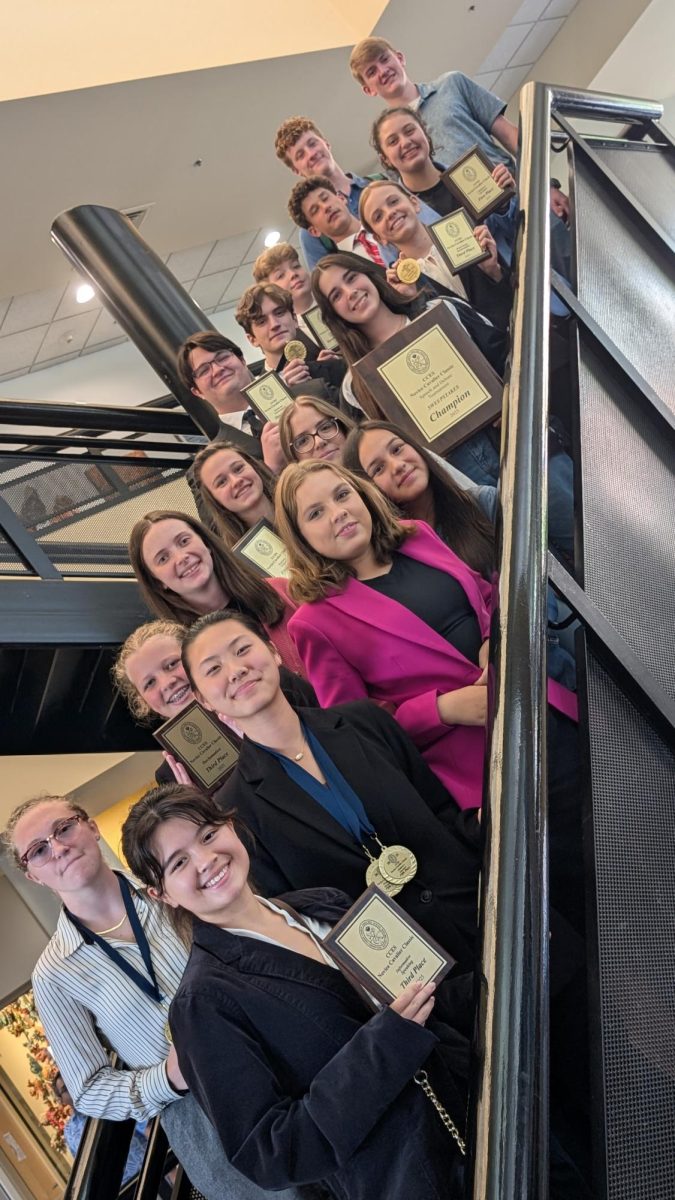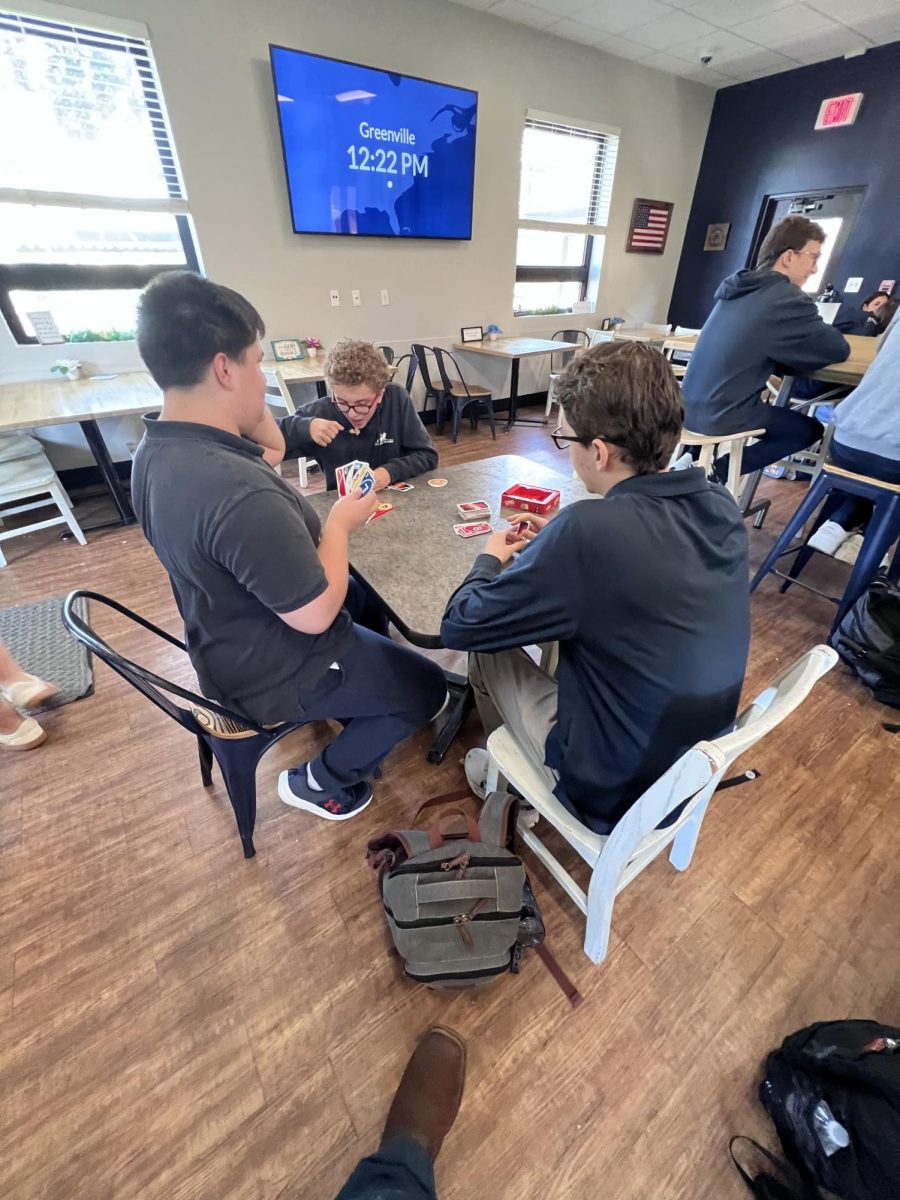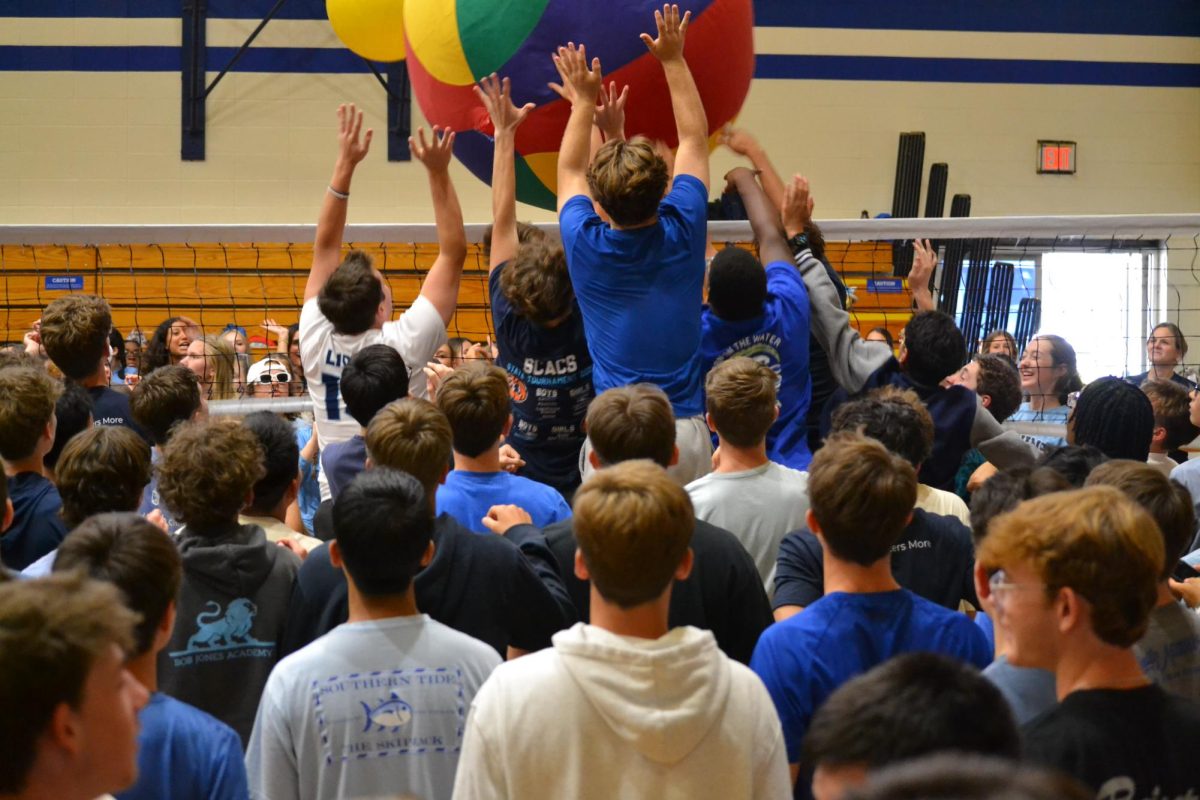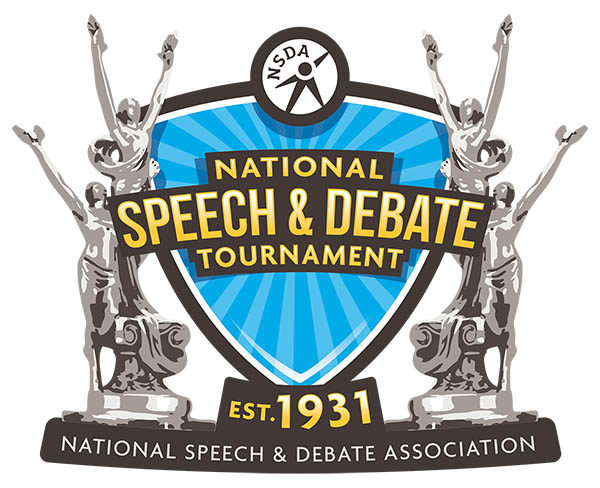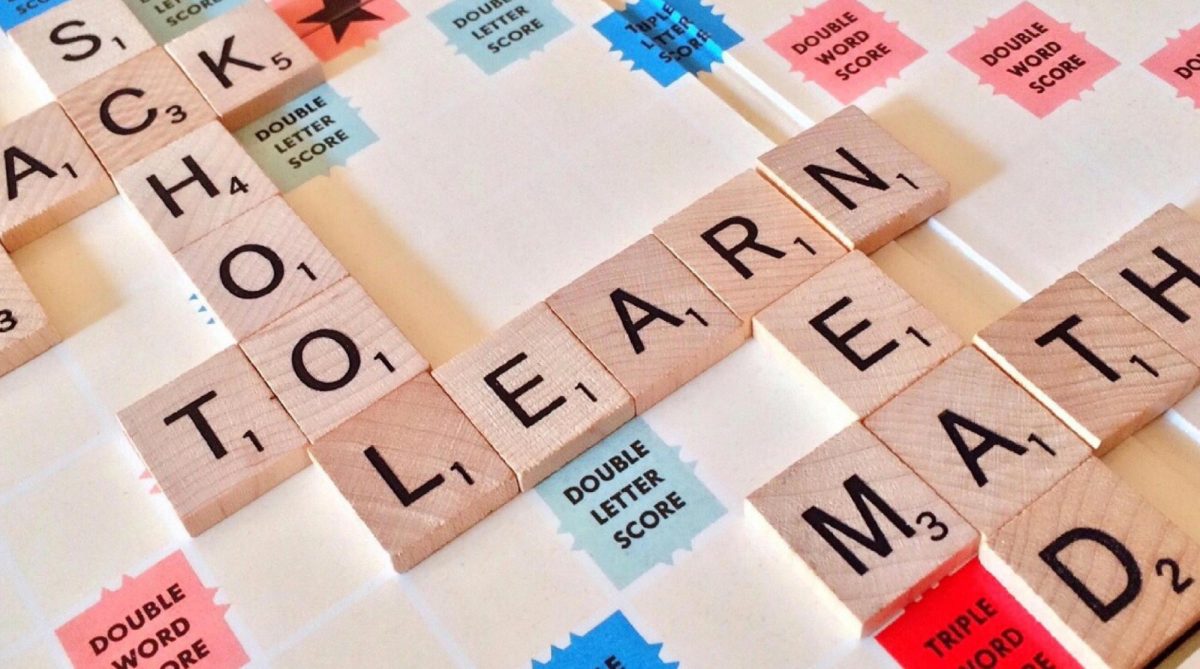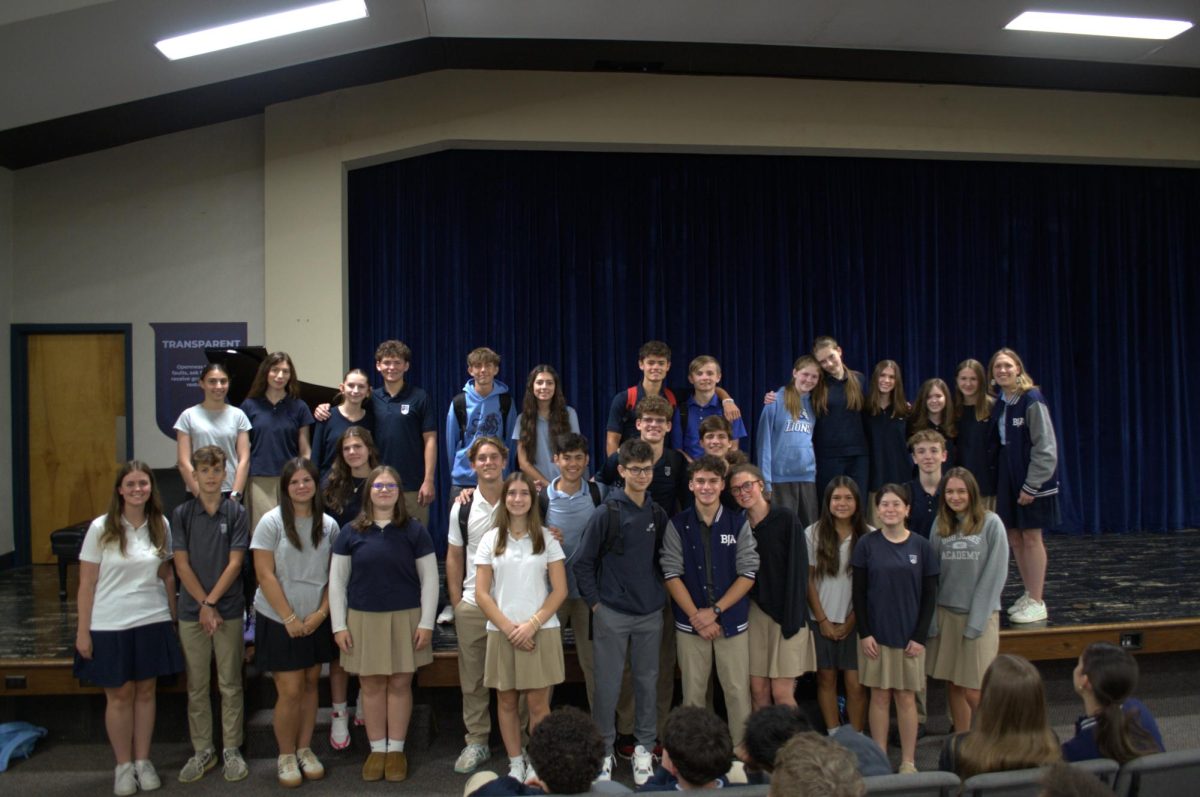The sun is starting to set as you finally get home from your long day of schoolwork, sports games, and extracurriculars. You flop in your bed ready to fall asleep when you realize that your first physical science test is tomorrow morning. There are only a few hours remaining for you to study, so how do you prepare for tomorrow’s test? Here are some tips from your fellow students:
“My first tip is to find a quiet place other than your bedroom to study because studying in a place that your body associates with sleep is never a great idea. My second tip is to grab a cold glass of water to help with concentration. Water helps to increase blood flow, which in turn allows the brain to get the oxygen it needs more quickly, and it doesn’t hurt to splash yourself awake if you find yourself nodding off. My third tip is to set an alarm for around 11:00 P.M. to make yourself go to sleep. High school students should get around eight to ten hours of sleep, but according to BetterHealth, most teens only get around 6.5 to 7.5 hours of sleep. So what’s the problem? Is there a difference between getting a few hours of sleep? Should I cram in one more hour of studying, or should I go to sleep? During stage three, the last stage of the sleep cycle, scientists at the University of Pennsylvania have found that most memory recall happens. Getting the proper amount of sleep allows you to reach stage three and absorb the information you just studied. So, when stuck between the choice of cramming in another hour of studying or getting the proper amount of sleep, be sure to get the sleep you need.” – Annsley Kirkwood
“A good rule of thumb is to take a 5-minute break for every 30 minutes that you study. However, engage in tasks that won’t completely distract you from your work. If you are prone to scroll Instagram or other short-form content endlessly, then you should avoid these as you take a quick break from studying, seeing that it may cause you to fall into an unplanned “scrolling sesh.” Rather, engage in activities such as grabbing a quick snack or reading a chapter of God’s Word. Building habits such as these should guarantee you a more productive evening. Another thing to consider is that studying doesn’t automatically make you a straight-A student. However, effective studying will improve your overall performance and help you to think more deeply about a specific subject. By studying you can learn life skills that will help you be a more productive worker in a professional career. In conclusion, finding those few extra minutes of relaxation is essential for more efficient studying.” – Daniel Shock



